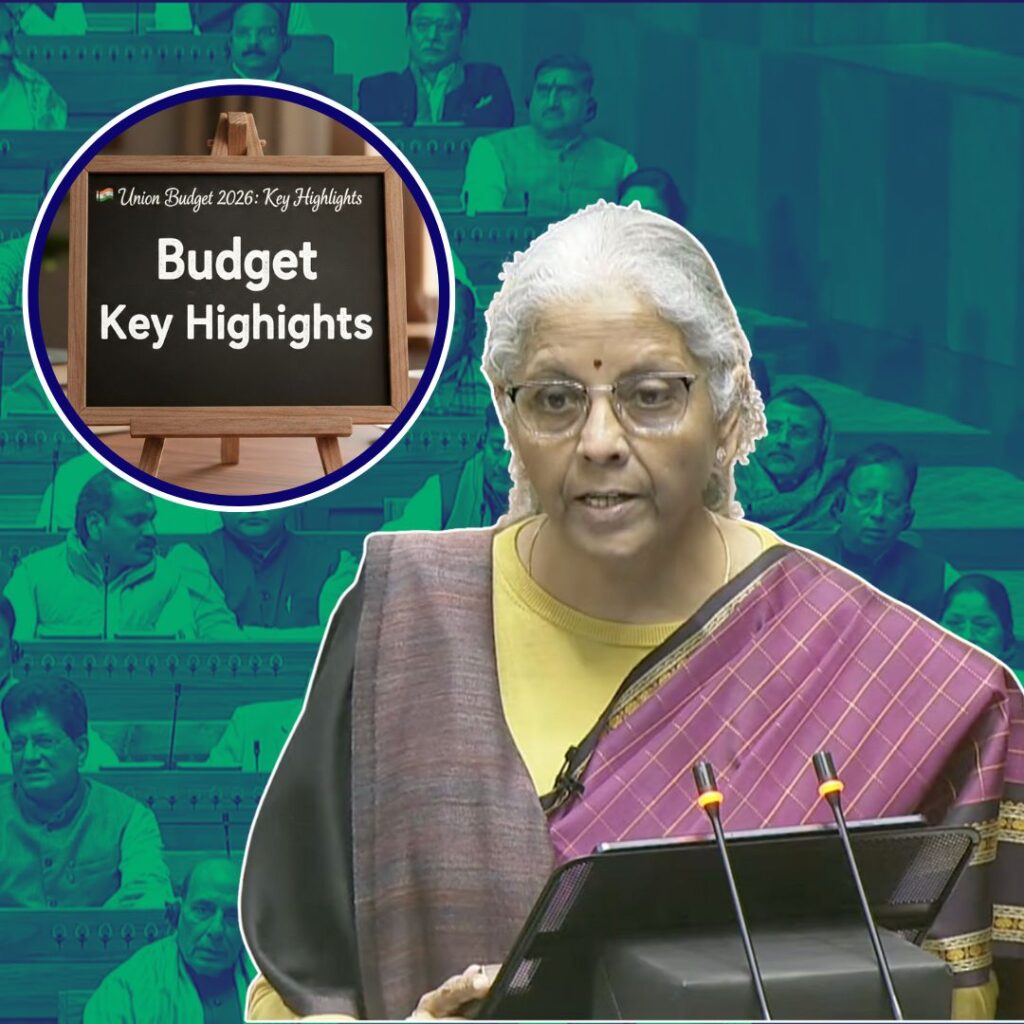Amidst the ongoing protests in the national capital, against the contentious CAA and NRC, the Delhi’s Lieutenant Governor Anil Baijal on January 17, 2020, granted Delhi Police Commissioner the power to detain under the National Security Act, 1980 for the next three months.
The Delhi police will get emergency detention power with effect from January 19, 2020, till April 18, 2020.
However, the Delhi police has mentioned that it is a routine order that is issued every quarter and it has nothing to do with the current situation of the country.
Under this Act, Police can detain an individual or individuals who are seen as a threat to the national security or harm law and order without a charge.
The person detained under the act is not charged by the Police.
What Is NSA?
The National Security Act (NSA) of 1980 is an act of the Indian Parliament which was brought to action on September 23, 1980.
It is meant to provide for preventive detention in certain cases and for matters where the authorities are convinced that an individual hampers law and order of the state or country..
This act extends to all over India, apart from the state of Jammu and Kashmir. It contains 18 sections and empowers the Central and state governments to detain a person to prevent him/her from acting in any manner prejudicial to the security of India, the relation of India with foreign countries and the maintenance of public order.
This act was passed during the then Charan Singh Government. NSA provides the officials with an unambiguous power to detain any accused for at least one year without providing any chargesheet in court.
How Is It Different From Regular Detention?
Normally, when a person is detained, the person has the right to be informed on what ground he has been detained. However, under the National Security Act, a person can be held for ten days without being told the charges against them.
In normal cases, when a person is detained, he has the right to bail. However, this right is snatched away from the person under the NSA.
Under the NSA, a person can be detained for up to 12 months without a charge. The arrested person also cannot seek a lawyer’s help.
Lately, three people were arrested in Uttar Pradesh under the draconian act in connection with an alleged cow slaughter incident in Bulandshahr. In 2018, a Manipur Journalist – Kishore Chandra Wangkhem was kept in jail for 12 months under NSA for posting a status against the state’s chief minister. The Bhim Army chief – Chandrasekhar Azad was also detained for 15 months under this act.
Also Read: Manipur: For Criticising BJP Govt, Journalist Sentenced To Year-Long Jail Term












